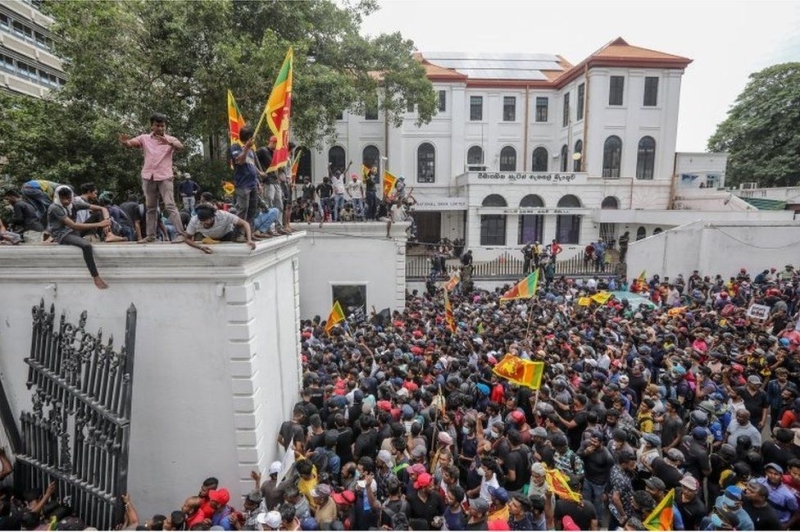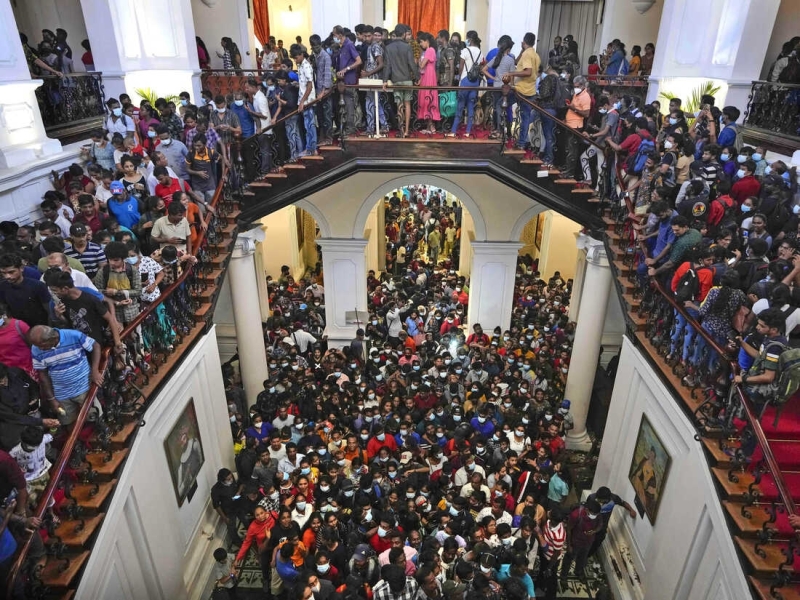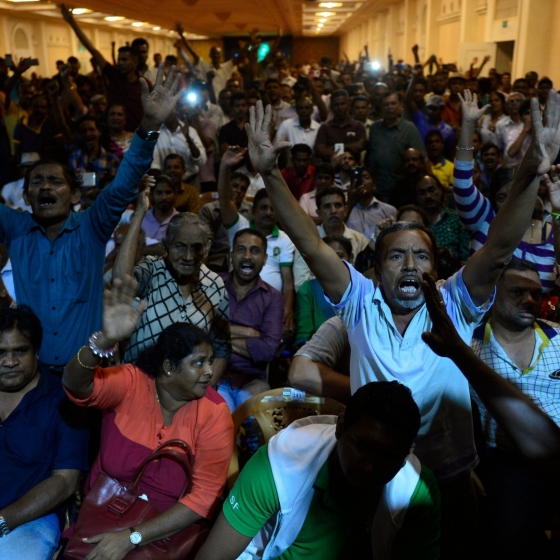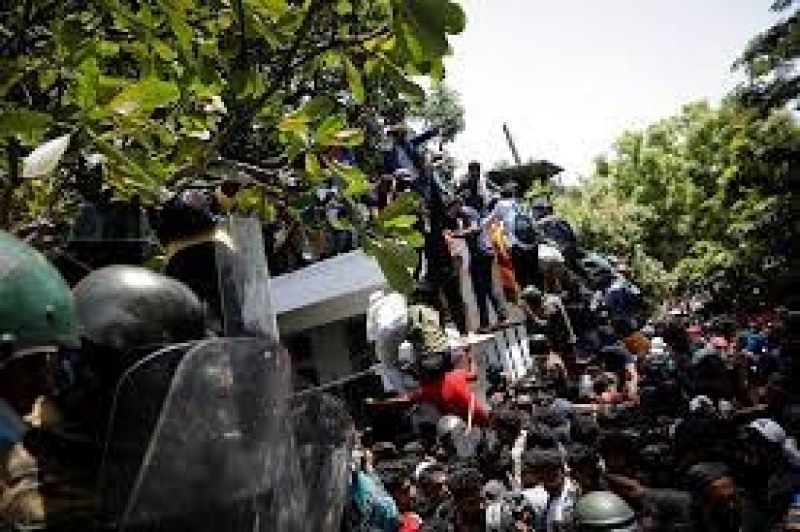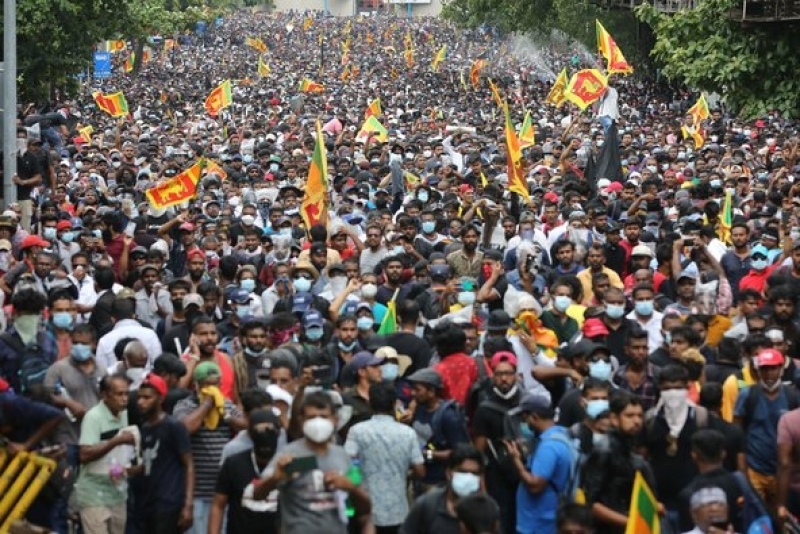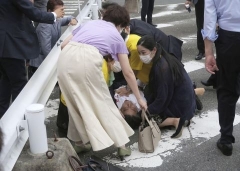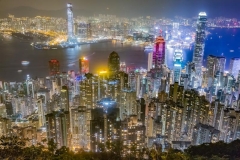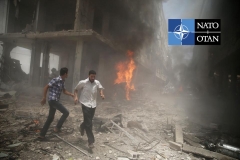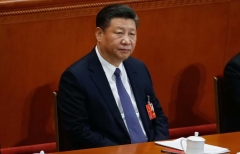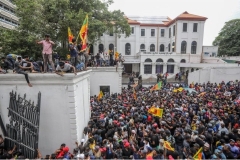
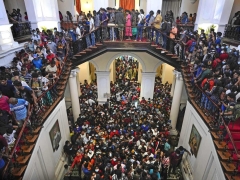
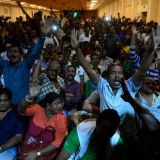
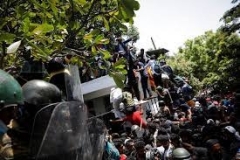
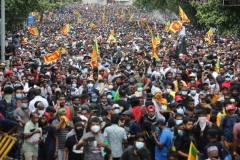
Revolution in Sri Lanka, the country's president in the Maldives
In crisis-ridden Sri Lanka, events are overturning: the previous president, Gotabaya Rajapaksa, is fleeing to the Maldives. His no less unpopular prime minister temporarily replaces him – and imposes a state of emergency and a curfew.
In the midst of a severe economic crisis and ongoing popular protests, political chaos in Sri Lanka is escalating. President Gotabaya Rajapaksa fled to the holiday paradise of the Maldives with his wife on board a military plane on Wednesday, the authorities of both countries confirmed. The equally unpopular Prime Minister, Ranil Wickremesinghe, was temporarily appointed as his successor. However, this further fueled the protests in the South Asian country. Shortly after taking office, the 73-year-old declared a state of emergency and imposed a curfew.
The island state south of India with its approximately 22 million inhabitants is going through the worst economic crisis since independence from Great Britain in 1948. The anger of the demonstrators is fed, among other things, by the lack of fuel and gas for cooking, which has existed for months, but also by the absence of medicines and food.
The high inflation and hours of power outages also cause great resentment. One reason for this is that income from the important tourism industry has collapsed in the wake of the corona pandemic. The heavily indebted country lacks the money to import important goods.
President Rajapaksa (also 73 years old) had originally announced that he wanted to resign as head of state on Wednesday in view of the unrest at the weekend. He had not been seen in public since then. So far he has not officially submitted his resignation, which guarantees him immunity from prosecution, according to media reports. He took office at the end of 2019.
India, China and Russia should help
Over the weekend, an angry crowd stormed and occupied the presidential palace and an office building of the head of state and set fire to Prime Minister Wickremesinghe's private residence. He too had declared his willingness to resign – if an all-party government were to be formed. He justified the state of emergency on Wednesday with secret service reports about an impending storming of the parliament and other buildings.
The news of the president's departure triggered cheers among the demonstrators in the capital Colombo. However, they protested that the prime minister was now taking over the office of head of state. They regard Wickremesinghe as an ally of the president who fled and hold him equally responsible for the economic misery. The ordinary election of the new head of state among the members of parliament is scheduled for July 20th.

Comments to this:


